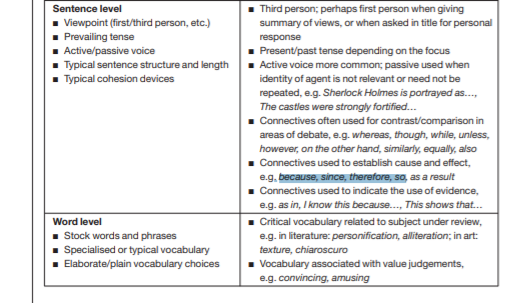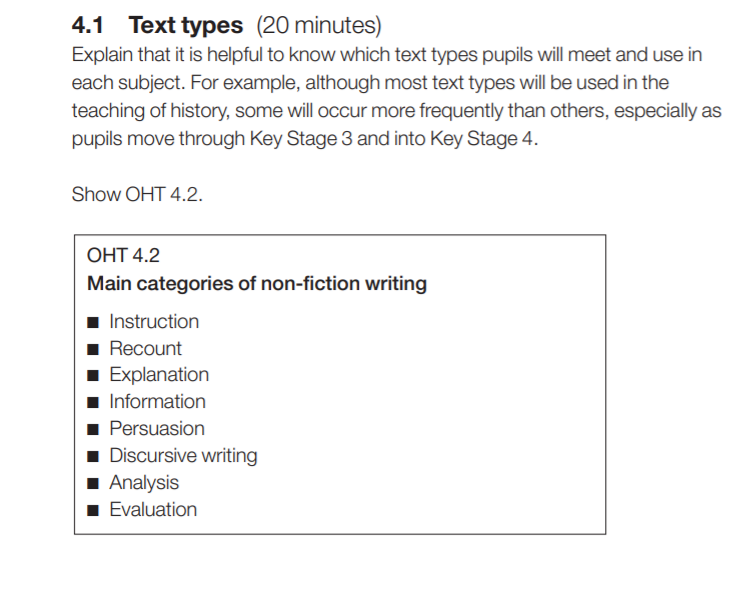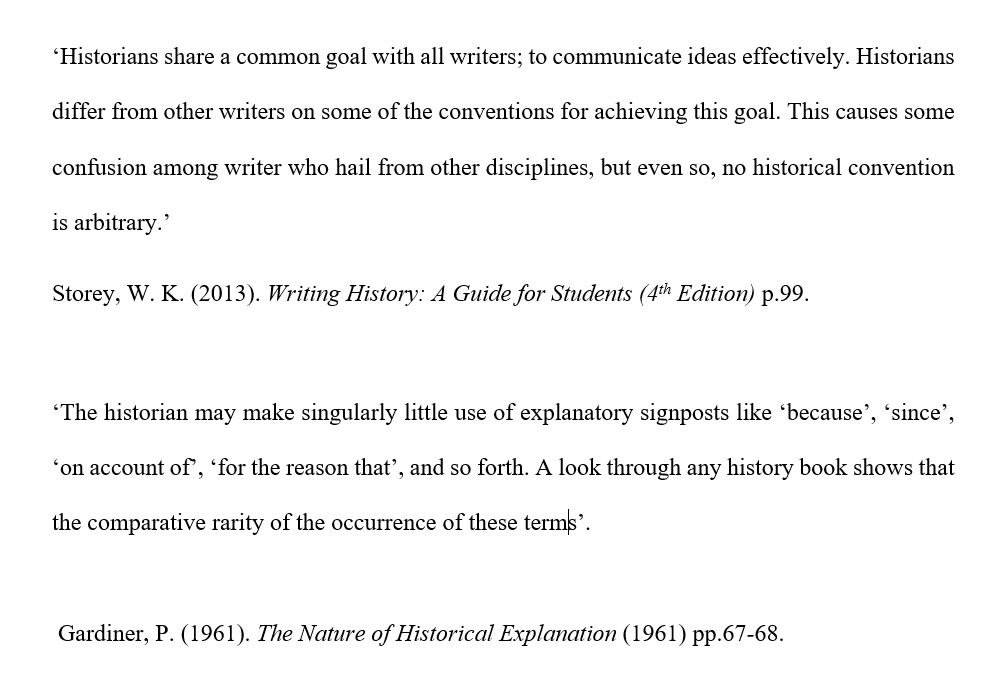
THREAD on 'The Writing Revolution' (TWR) and its applicability when teaching students to write in history.
(I hope to write a blog/article on this topic later when I have more time but here are some of my initial, undeveloped thoughts). 1/14
(I hope to write a blog/article on this topic later when I have more time but here are some of my initial, undeveloped thoughts). 1/14
First, TWR makes a number of recommendations that I strongly agree with. For example, explicit teaching of writing; serious focus on the levels of sentence and clause; all teachers taking responsibility for teaching writing; emphases on planning and revising etc. etc. 2/14
I wonder, however, if hopes are being pinned on TWR by history teachers that it simply can't fulfil. Below are some general questions I ask of any approach to literacy in history which I think can and should be asked specifically of TWR. 3/14
It's quite possible these Qs can be and have already been answered for TWR by its advocates and I have missed them. If not, however, IMO it’s incumbent on us a professional community to answer them before portraying TWR as any sort of panacea for students' historical writing 4/14
Q. What is 'revolutionary' about TWR? TWR makes many of the same recommendations as the 'National Strategy for Literacy in History' (NSfLiH) (2002) (e.g. causal connectives, generic non-fiction genres).This was a nationally rolled out, government-endorsed resource. E.g. p.21 5/14 



NSfLiH didn't ‘revolutionise’ students’ historical writing. In fact, much history-teacher theorisation re literacy over the last 20 years has tried to undo the damage of its problematic legacy. How is adopting TWR going to avoid the same mistakes? 6/14
Q. If TWR advertises itself as an approach for 'all subjects', how can it provide disciplinary specificity? E.g. how likely 'because' used as causal connective can vary greatly between disciplines. How to reconcile the genericism of TWR with the integrity of history? E.g. 6/14 

I wrote about something similar here. jcarrollhistory.com/2017/12/01/don… 7/14
Similarly, how will teaching students to produce non-historically specific, delineated genres (e.g. ‘expository’, ‘narrative’, ‘opinion’, ‘argument’ etc.) derived from generic American Common Core standards help student write historically? 8/14
E.g. If a student thinks writing a historical narrative is a non-argumentative exercise then, almost by definition, they are not writing historically. I discuss this more here.
jcarrollhistory.com/2018/11/02/set… 9/14
jcarrollhistory.com/2018/11/02/set… 9/14
E.g. if a student writes history as ‘opinion’ rather than ‘argument’ then it’s very likely they’re not writing historically. Normally, empirical warrant is required for one’s historical claims. I discuss that more here.
jcarrollhistory.com/2017/11/17/i-b… 10/14
jcarrollhistory.com/2017/11/17/i-b… 10/14
Q. Even if TWR can help with causation, how does it provide sub-disciplinary specificity in terms of students arguing in response to questions focused on other 2nd order concepts such as change & continuity, similarity and difference, significance, interpretations etc.? 11/14
Q. How does TWR allow for interplay between substantive and disciplinary knowledge in history? TWR talks a lot about 'embedding' content. I wonder about this imagery and am doubtful it works in history. 12/14
‘Content’ in history is not divided into blocks of inert, free-floating information that slots into generically applicable linguistic frameworks. The particular type of substantive content will shape the disciplinary and the linguistic in a three-way circular relationship. 13/14
I wrote about this more here. jcarrollhistory.com/2018/03/02/dup… 14/14
• • •
Missing some Tweet in this thread? You can try to
force a refresh


